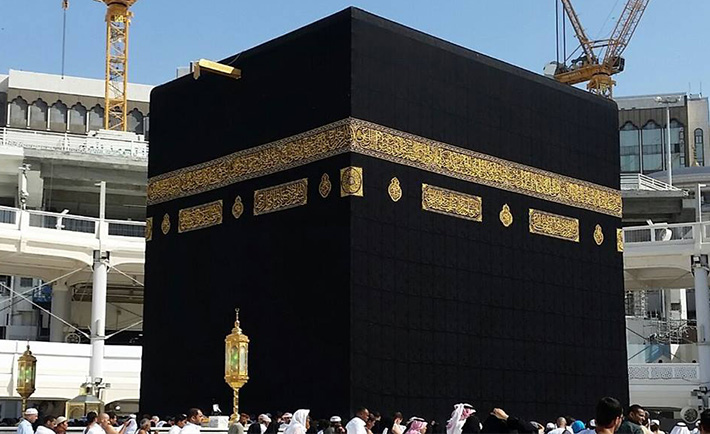How To Survive Ramadan In July?
We’ve done it in the past, here’s how we can do it again.
The benefits of fasting have been highlighted time and time again by modern science, but what we do need to understand is that with an unbalanced lifestyle we may not be able to reap its full benefits.
The long hours of fasting may be frightening at first, and you may even take time to adjust to it in the first few days, but after that you’ll become more or less habituated to it and end up revitalized after the month long fasting exercise as long as you opt for a healthier Ramadan this time around.
First things first, it’s going to be uber hot. So drink well.
Those living in Saudi will be under peak summer conditions. To counter it, just remember to stay indoors as much as possible and drink plentiful water during the non-fasting hours of the day as you are going to be losing a lot of it over the fasting period. Water, fresh juices and electrolytes (if you sweat a lot) all will help in keeping you hydrated.

Eat more of these
Complex Carbs: Fruits, vegetables and whole wheat take time to breakdown and can help you stay full for longer; thereby reducing the urge of binge eating.
Proteins: Are the building blocks for bones, muscles, cartilage, skin, and blood. Eating foods that are rich in proteins such as meat, legumes, poultry and fish in moderation are extremely beneficial to those fasting.

Dairy Products: Milk, laban, yoghurt and cheese are rich in calcium, potassium, vitamin D, and protein that are vital for overall health and maintenance of your body.
Stay Away from these
Fried foods: All those sambosak, lugaimat and other fried Ramadan specialties can create disorder in your digestive system. Be prepared for diarrhea, heartburn and acidity if you ignore the warnings of fried foods.
Salt: Foods that come with generous amounts of salts are to be avoided. Salt removes water from the cells and can lead to dehydration. And in a time like this when fasting hours are long, you’d be wanting to stay as far as possible from salty foods.
Sugars: They give you energy instantly as they release calories very fast. This will leave you feeling hungry and worn out soon after. 
Keep your kitchen as cool as possible
In Ramadan, a good portion of the day is spent in the Kitchen and chances are that you don’t have air conditioning in the kitchen. So to fight the heat, keep the windows closed and the blinds and curtains down; this will keep your temperature comparatively lower. Get a table fan for the kitchen if you don’t already have one.
Sleep Well

Sleeping between the recommended 7-9 hours for adults can become a distant dream in Ramadan. You will have a drastic lifestyle change during Ramadan and it is bound to affect your sleep; especially with managing all the household chores, office work, iftar and suhoor preparations, taraweeh prayers and regular qiyams during the night. You can end up with what is termed as ‘sleep debt’. You don’t want to keep on accumulating sleep deprivation for long that can have long term effects. But preparing a sleeping plan that is in line with your sleep cycles and sticking to it adamantly can keep that sleep deprivation at bay.










